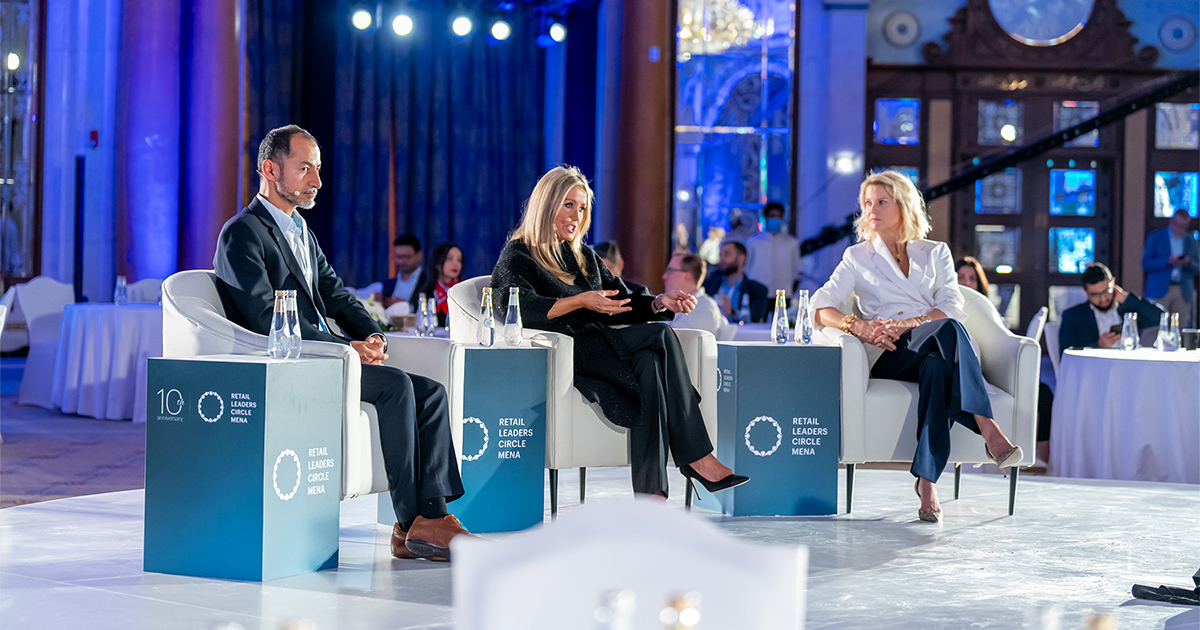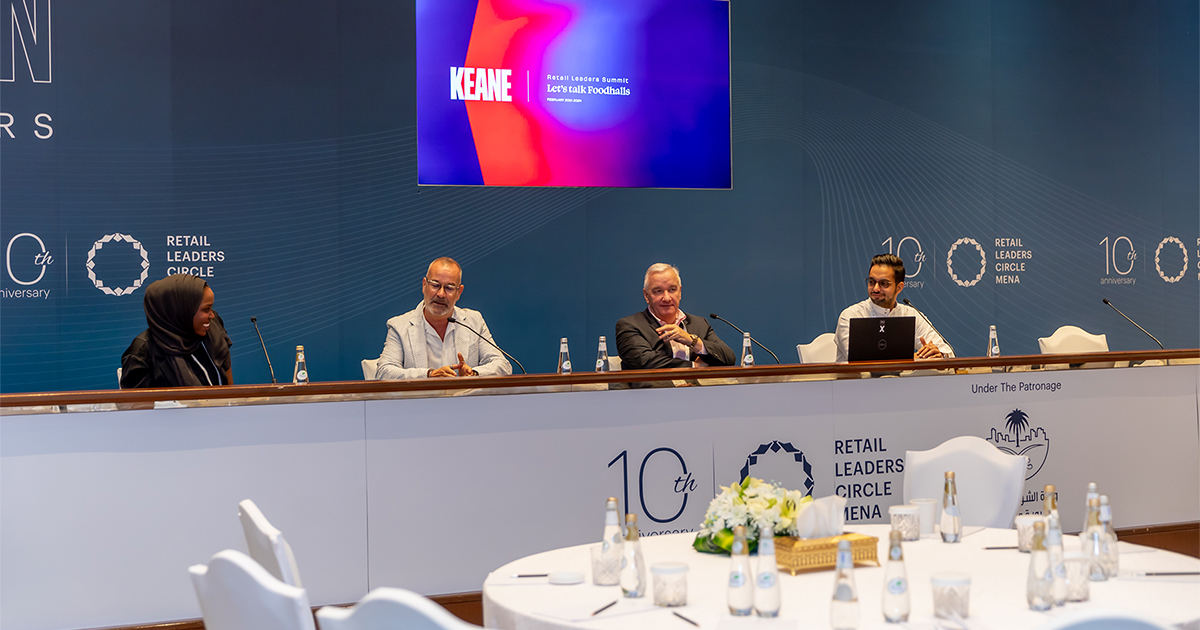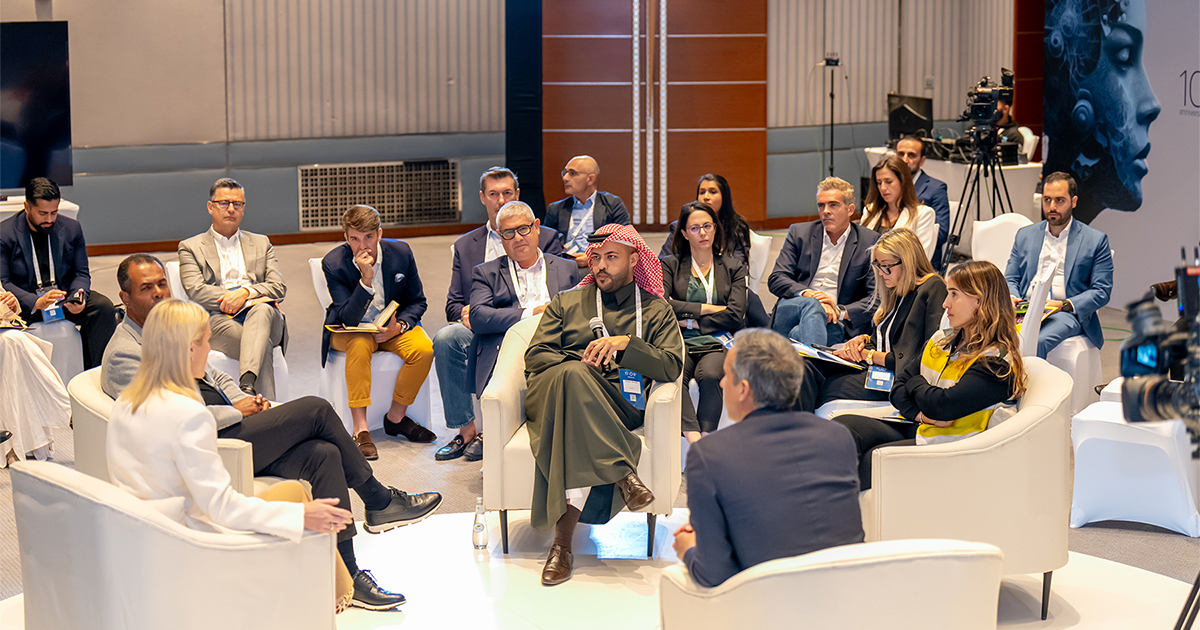The integration of artificial intelligence (AI) and digital platforms in the fashion industry is driving an era focused on personalized, data-driven consumer experiences. This shift is not only enhancing operational efficiency but is also crucial in narrowing the gap between product offerings and consumer expectations.
Avery Baker, former President of Tommy Hilfiger, Marigay McKee, Co-Founder of Fernbrook Capital, and Kunal Kapoor, CEO of The Luxury Closet, discussed with Nisreen Shocair, CEO of Shocase Middle East, the impact of technology on operational efficiency, but also its role in bridging the gap between product offerings and consumer expectations.
Key investments in AI technologies, notably Lily AI and Raspberry AI, are set to revolutionize inventory management and boost customer satisfaction by enabling personalized shopping experiences. This level of customization allows retailers to tailor product suggestions to individual preferences, improving the shopping experience’s accuracy and reducing the likelihood of returns. Moreover, AI’s capacity to expedite the creative design process, significantly shortening the time from concept to retail, highlights the efficiency and adaptability AI brings to the fashion industry.
There is potentially a transformative role of cross-border ecommerce platforms in facilitating international expansion for brands, especially those based in Saudi Arabia. These platforms enable brands to maintain their identity while efficiently managing distribution, supply chain, and logistics on a global scale. This technological advancement simplifies entering new markets, a task that previously required the creation of new websites for each country.
The shift towards sustainability and the circular economy resulted in a growing consumer preference for vintage or pre-loved fashion. This trend underscores the opportunities for the industry to leverage a more sustainable, circular fashion model.
Embracing new technologies and engaging young, passionate talent to pioneer innovation within organizations is crucial. Starting these technological explorations early on is vital to prevent falling behind in integrating significant advancements into business operations.
The integration of technology in fashion is creating an unprecedented opportunity for brands to offer more personalized and sustainable consumer experiences. This evolution emphasizes innovation, adaptability, and sustainability as key factors in shaping the future of fashion.
 There is urgency to incorporate AI because the playing field has changed.
There is urgency to incorporate AI because the playing field has changed. 






